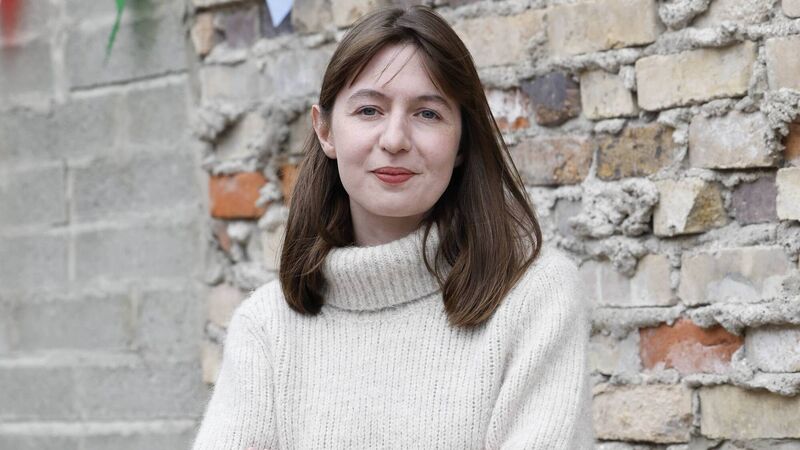Sally Rooney’s refusal to stay silent on Gaza makes her one of today’s most subversive writers

What novelist Sally Rooney threatens is the possibility that literature’s young audience might begin to expect moral seriousness from its stars, writes Colin Sheridan. Picture: Conor McCabe Photography.
In the carefully varnished world of contemporary literature, where a writer’s greatest sin is often being accused of earnestness, Sally Rooney has carved herself out as something far more dangerous: A moral presence.
















